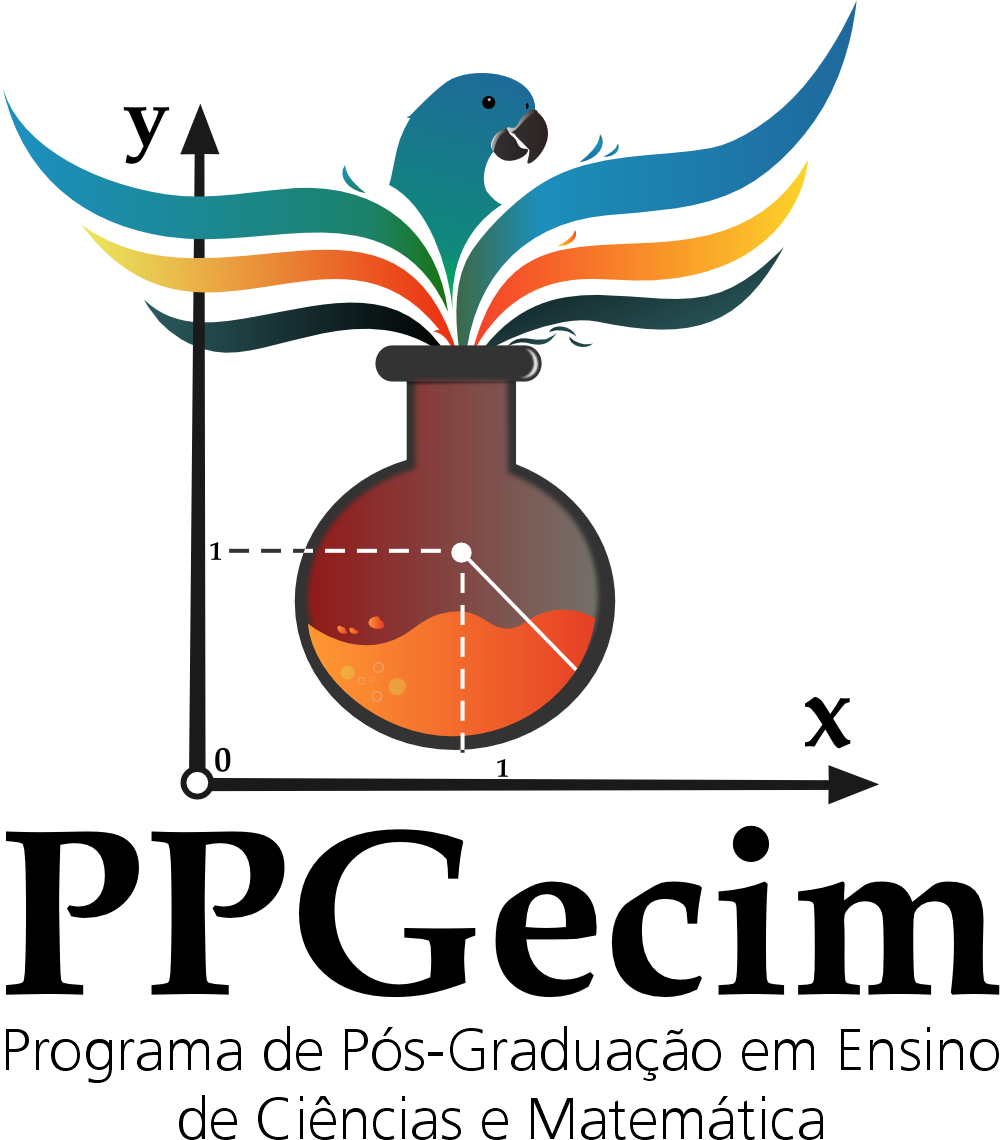MATHEMATICAL TREASURES HIDDEN IN THE MUD
AN ETHNOMATHEMATICAL STUDY OF POTTERY PRACTICED IN MIRACA (FALCÓN, VENEZUELA)
DOI:
https://doi.org/10.20873/riecim.v1i2.12506Keywords:
Pottery; Ethnomathematics; Learning projectsAbstract
This article collects a learning experience developed jointly between the potters of Miraca, a town in the
state of Falcón (Venezuela) dedicated to the practice of pottery, that is, to the elaboration of vessels and
incomparable pieces of fired clay and the children of the school in the same village; from a field work
deployed as part of the learning projects generated from the area of mathematics; whose purposes were:
to promote in infants the development of their culture through the elaboration of handmade pieces in
clay and to link school mathematical knowledge (calculation, measurement and geometric figures,
among others) with those present in said activity; configured from Ethnomathematics. As theoretical
foundations, among others, the proposals of Ubiratan D´Ambrosio related to Ethnomathematics are
assumed.
References
Ausubel, D. (1990). Psicología Educativa. (2a. ed.) México: Trillas.
Bishop, A. (1988). Aspectos sociales y culturales de la educación matemática. .Investigación y Experiencias Didácticas, 6(2), 121-125
Bishop, A. (1999). Enculturación Matemática. La educación matemática desde la perspectiva cultural. (G. Sánchez, trd.)Barcelona (España): Paidós. (Trabajo Original publicado en1988)
D’Ambrosio, U. (2000). Las dimensiones políticas y educacionales de la etnomatemática. En A. Martinón Cejas (Ed.), Las matemáticas del siglo XX: una mirada en 101 artículos. Revista Dialnet, [Revista en línea] 43-44, 439-444. Disponible: https://dialnet.unirioja.es/servlet/libro?codigo=937 [Consulta: 2015, octubre 21]
D’Ambrosio, U. (2006). Ethomathematics: link between traditions and modernity. Rotterdam, the Netherlands: Sense Publishers. [Documento en línea] Disponible: https://www.sensepublishers.com/media/381-ethnomathematicsa.pdf [Consulta: 2015, octubre 21]
D’Ambrosio, U. (2014). Las bases conceptuales del Programa Etnomatemática. Revista Latinoamericana de Etnomatemática, [Revista en línea] 7(2), 100-107. Disponible:http://www.revista.etnomatematica.org/index.php/RLE/article/view/126/146 [Consulta: 2015, octubre 21]
E.P.B. “Miraca” (2016-2017). Proyecto Educativo Integral Comunitario. Falcón: autor
Gerdes, P. (2012). Etnomatemática – Cultura, Matemática, Educação: Colectânea de Textos 1979-1991. [Libro en línea] Instituto Superior de Tecnologias e Gestão (ISTEG). Belo Horizonte, Boane, Moçambique. Disponible: http://www.etnomatematica.org/BOOKS_Gerdes/etnomatem%C3%A1tica___cultura__matem%C3%A1tica__educa%C3%A7%C3%A3o___colect%C3%A2nea_de_textos_1979_1991___ebook_.pdf [Consulta: 2015, octubre 28]
González, F. (2010). Enseñanza dinámica de la matemática. Mérida: Colección Aula.
Ministerio del Poder Popular para la Educación. (2007). Diseño Curricular del Sistema Educativo Bolivariano. Caracas: Autor.
Niss, M & Højgaard, T. (2011) (Eds). Competencies and Mathematical Learning. Ideas and ins-piration for the development of mathematics teaching and learning in Denmark. IMFUFA, Roskilde University
Ortega, M. (2017). Reconceptualización de la enseñanza de la matemática en la escuela Primaria Bolivariana Miraca a partir de su contexto alfarero. Trabajo no publicado. Universidad Pedagógica Experimental Libertador. Caracas
Piaget, J. (2001). Psicología y pedagogía. (F. Fernández, Trad.). España: Crítica. (Original publicado en 1969).
Downloads
Published
How to Cite
Issue
Section
License
Copyright (c) 2021 Milagro Ortega, Fredy Enrique GONZÁLEZ

This work is licensed under a Creative Commons Attribution-NonCommercial 4.0 International License.
Copyright Policy
Copyrights are retained by the authors, who grant RIEcim the exclusive rights for first publication. Authors will not be remunerated for the publication of their work in this journal. Authors are permitted to enter into separate, additional contractual arrangements for the non-exclusive distribution of the work's published version in this journal (e.g., post it to an institutional repository, on a personal website, publish a translation, or as a book chapter), with acknowledgement of authorship and initial publication in this journal. The Journal's editors have the right to make textual adjustments and adaptations to conform to publication standards.
Open Access Policy
This journal provides immediate open access to its content, following the principle that freely providing scientific knowledge to the public contributes to the global democratization of knowledge. Users can read, download, copy, distribute, print, search, or use the content for any legal purpose, respecting national copyright laws and without seeking prior permission from the publisher or the author. The opinions presented in the articles are the responsibility of the authors. The Journal does not charge Article Processing Charges (APCs).
Licensing Policy - Usage License
Licensed under the Creative Commons Attribution-NonCommercial 4.0 International (CC BY-NC 4.0) License. This license allows sharing, copying, redistributing the manuscripts published in RIEcim in any medium or format. Additionally, it allows adapting, remixing, transforming, and building upon the material, as long as proper credit is given to the author and initial publication in this journal is acknowledged.

































